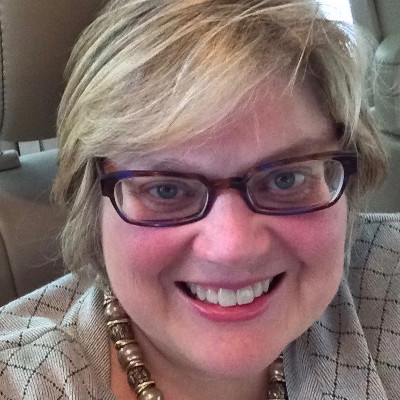Study Finds Sleep Problems Persist in Cancer Survivors

A significant number of cancer survivors have sleep problems years after a cancer diagnosis, and American Cancer Society researchers have found that these problems were related to the fear of cancer returning or distress from a physical, emotional, or financial issue related to cancer. The study was published in the journal Sleep Medicine.
Trouble sleeping can lead to serious problems for people with cancer, including lower quality of life, depression, and the inability to carry out regular day-to-day activities. Understanding the link between cancer-related problems and sleep may help doctors evaluate and treat sleep problems in long-term cancer survivors.
Studies have shown sleeping problems are one of the worst symptoms in people being treated for cancer. After treatment, fewer people have sleeping problems, but they still persist in almost 40% of cancer survivors up to 5 years after diagnosis. Yet few studies have looked at sleep problems in large numbers of male and female cancer survivors or in those diagnosed more than 5 years ago. This study did both.
The researchers studied 1,903 long-term cancer survivors 9 years after diagnosis who were part of the American Cancer Society’s Study of Cancer Survivors-1. Study participants had 1 of these 10 common types of cancer: breast, prostate, colorectal, bladder, uterine, melanoma, kidney, lung, and ovarian cancer, as well as non-Hodgkin lymphoma.
They evaluated how a person’s sleep was affected by 4 problems related to cancer—fear of cancer coming back, financial concerns, and physical and emotional problems.
It turns out all 4 problems were significantly linked to poor sleep quality and high sleep disturbance. Physical distress showed the strongest link.
The researchers found that:
- 21% of the survivors said they didn’t sleep well (had poor sleep quality).
- 51% said they frequently had trouble sleeping (had high sleep disturbance).
- 17% said they had problems with both sleep quality and disturbance.
- 28% said they took medicine to help them sleep .
When people taking sleep medicines were excluded from the study sample, the link between cancer-related problems and sleep problems became even stronger. This may show that cancer survivors with untreated sleep problems are more strongly affected by physical distress, economic distress and fear of recurrence.




